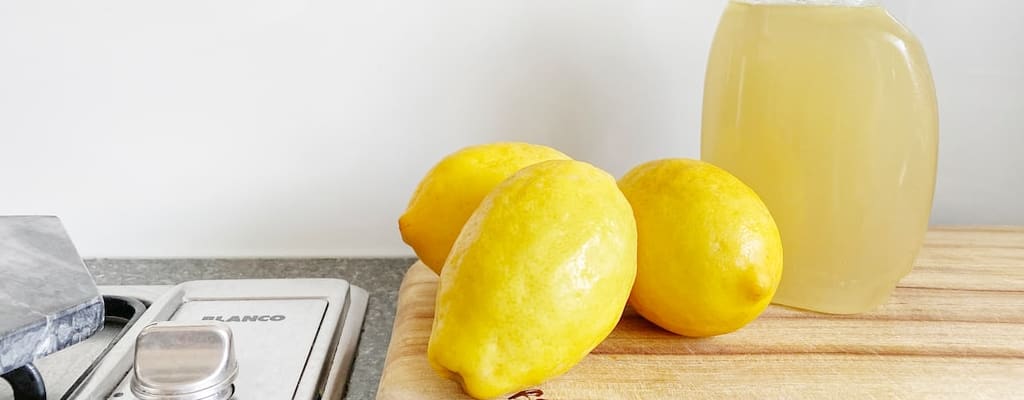bust the dust: Idiom Meaning and Origin
What does ‘bust the dust’ mean?
The idiom "bust the dust" means to clean or remove dirt and debris. It is often used to describe the act of cleaning a dusty or cluttered space.

Idiom Explorer
The idiom "hustle and bustle" refers to a busy and noisy environment filled with various activities and movement.
The idiom "get rid of" means to dispose of something or eliminate something or someone.
The idiom "dust settles" means that after a chaotic or unsettled situation, things become calm and clear. It implies that with time, the initial confusion or conflict will resolve and a resolution or understanding will be reached.
The idiom "dust off a batter" means to defeat someone easily, especially in a sports or competitive context.
The idiom "done and dusted" means that something has been completed successfully or finished thoroughly. It implies that all necessary actions or tasks have been taken care of and there is no unfinished business remaining.
The idiom *crush it* means to do something with great success and excellence, often exceeding expectations or goals.
The idiom "collect dust" means that something is not being used or is being neglected over time.
The idiom "clean up" means to tidy, organize, or improve a physical space, a situation, or one's personal behavior. It can also refer to making a large amount of money or achieving a significant victory.
Hidden Dust Magic
The idiom "bust the dust" is used to describe the act of cleaning or tidying up a space that has been neglected or allowed to become dusty or dirty. It is a common phrase used in American English, and while its exact origins are unclear, it likely evolved from the literal act of "busting" or dispersing dust particles. The metaphorical meaning of "bust the dust" aligns with the literal act of cleaning, making it easily relatable and accessible to a wide range of people.
"Bust the dust" can be used in both informal and formal contexts, and it can be found in literature, movies, and television shows. It is a straightforward idiom that resonates with people due to its simplicity and ease of understanding. When we hear the phrase "bust the dust," we immediately understand that it means to clean or tidy up a space that has accumulated dust.
There are several related idioms that are similar in meaning to "bust the dust." One such idiom is "beat the dust," which also refers to the act of cleaning or tidying up a dusty space. The phrase "catch dust" is another related idiom that means to accumulate dust over time. When something is left unattended or neglected, it is likely to "catch dust" and require cleaning. Similarly, the idiom "collect dust" refers to the gradual accumulation of dust on an object or surface that has not been touched or used. These idioms emphasize the importance of regularly cleaning and maintaining a space to prevent the buildup of dust.
Another related idiom that is commonly used is "clean house." This phrase has a broader meaning and can refer to both cleaning a physical space and getting rid of unnecessary or unwanted items or people. When we "clean house," we are taking action to eliminate clutter, dust, and any other undesirable elements in our lives. The idiom "clean house" emphasizes the importance of keeping our surroundings clean and organized for our well-being and overall cleanliness.
While the idiom "bust the dust" specifically focuses on cleaning and tidying up, these related idioms add depth to the concept of cleanliness and maintenance. They highlight the importance of regular upkeep and the consequences of neglecting a space, whether it's physical, metaphorical, or even emotional. By using these idioms in everyday conversation, we reinforce the significance of cleanliness and the impact it has on our daily lives.
Example usage
Examples of how the idiom *bust the dust* can be used in a sentence:
1. After neglecting cleaning for weeks, she finally decided to bust the dust and give her house a thorough cleaning.
2. The janitor works tirelessly to bust the dust in the office building, ensuring it remains clean and presentable.
3. It's important to bust the dust from the shelves before placing the items back, to keep them free from dirt and grime.
More "Cleaning" idioms



